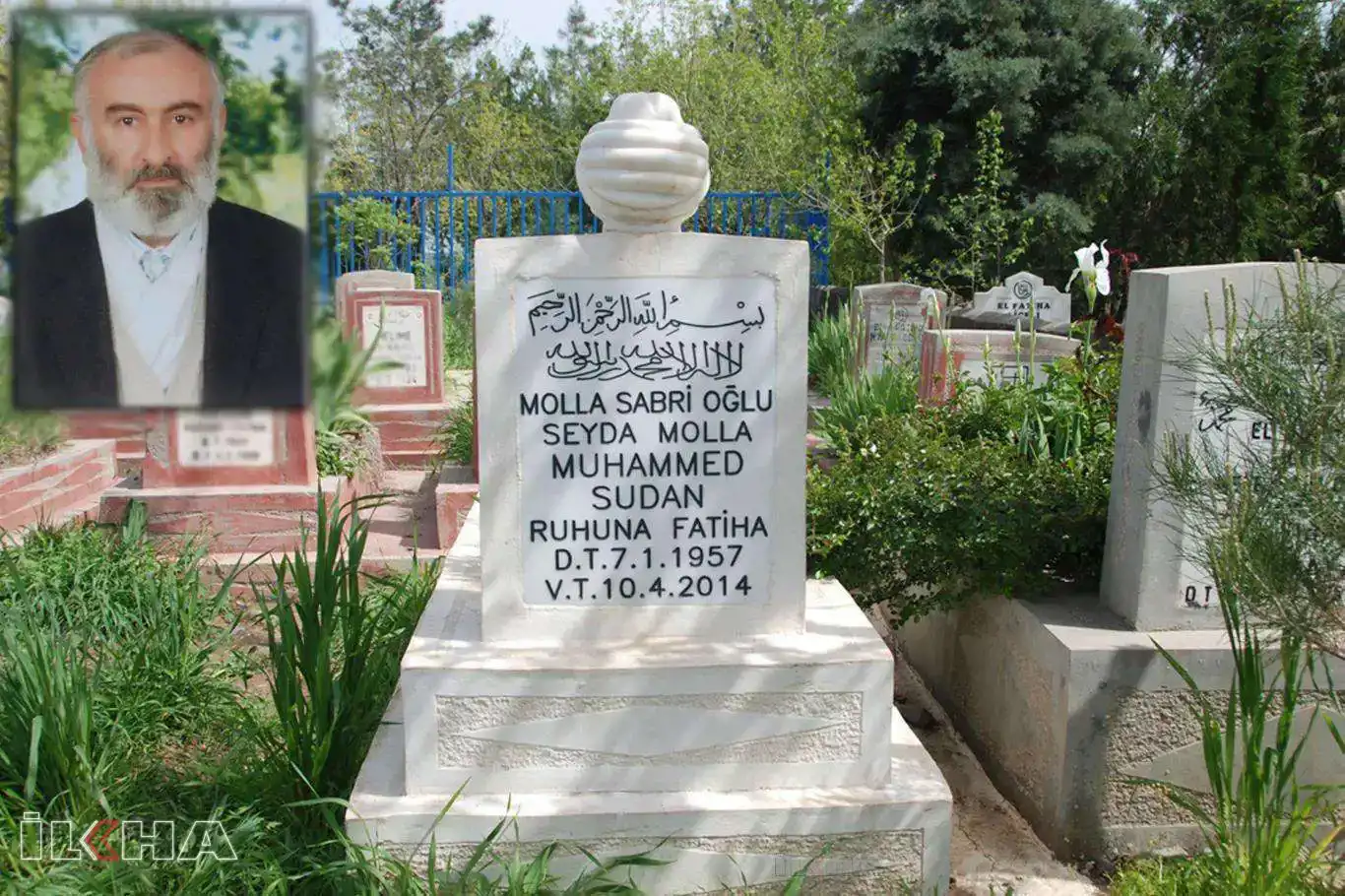Islamic scholar Muhammed Sudan commemorated on the ninth anniversary of his death


Muhammed Sudan was one of the leading figures of Hizbullah Jama'ah in Türkiye, known for his devotion to Islamic services and his adoption of the Qur'an as a source of his morality.
He is also recognized as one of the eminent pioneers of the Islamic struggle in Turkey. His lovers and family are remembering him on the anniversary of his demise.
Muhammed Sudan was born in the village of Dercimt in the Lice district of Diyarbakir province in southeastern Turkey. His father, Sabri Sudan, was one of the prominent scholars of the region. Muhammed Sudan met with the leader of Hizbullah Jama'ah, Hüseyin Velioğlu, in the 1980s and got involved in Islamic activities.
In 1987, Muhammed Sudan moved to Diyarbakir and began to run a wholesale store in the Balıkçılarbaşı neighborhood. Despite having a lucrative job, he left his business to commit his Islamic duties. Along with his friends, he led ten thousand students to learn Quran in Diyarbakir and other cities. Thousands of children and young people learned how to recite the Quran, and many people gave up their bad habits and embraced Islam thanks to his efforts.
Since 1993, security forces had been seeking Muhammed Sudan due to his great Islamic works, and he had to pursue his activities secretly. He had to leave Diyarbakir and lived in different cities. In 2000, after a raid conducted in İstanbul, he was detained and subjected to incomprehensible tortures. He was sentenced to 12 years and 6 months in prison over charges of being a member of Hizbullah Jama'ah by the State Security Court (DGM) and stayed in Diyarbakir E type, Bingöl M type, and Diyarbakir D type prisons for 10 years and 6 months. After serving his prison sentence, Muhammed Sudan was released from prison in 2011.
After his release, Muhammed Sudan went on a pilgrimage to Mecca. While there, he fell ill and received medical treatment for a while. After he returned to Diyarbakir, his illness relapsed, and he was diagnosed with lung cancer and cardiovascular disease. He received medical treatment at Dicle University's oncology unit for a long time but eventually lost his life on April 10th, 2014. (ILKHA)
LEGAL WARNING: All rights of the published news, photos and videos are reserved by İlke Haber Ajansı Basın Yayın San. Trade A.Ş. Under no circumstances can all or part of the news, photos and videos be used without a written contract or subscription.
It has been thirty-two years since the village of Başbağlar, nestled in the mountainous region of Erzincan, Türkiye, was thrown into the depths of unimaginable horror.
As the world marks the 100th anniversary of the execution of Sheikh Said of Palu and his 47 companions, Muslims across the globe are gathering to honor a defining moment in Islamic resistance history.
The Hijrah—the historic migration of Prophet Muhammad (peace be upon him) from Mecca to Madinah in 622 CE—stands as a luminous milestone in Islamic history, igniting the flame of hope in the hearts of early Muslims and serving as an enduring example for all generations of believers.
Türkiye today marks the 63rd anniversary of the May 27, 1960 military coup—a day many regard as a deep betrayal of democracy, justice, and the national will.